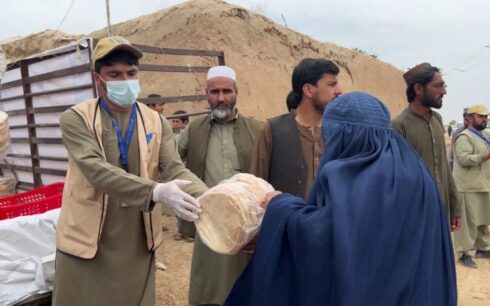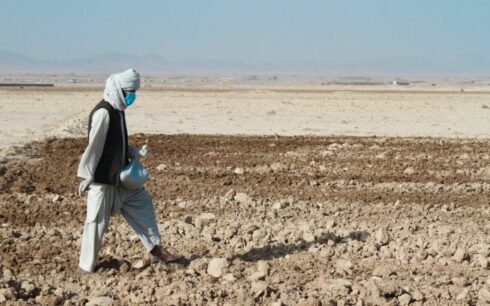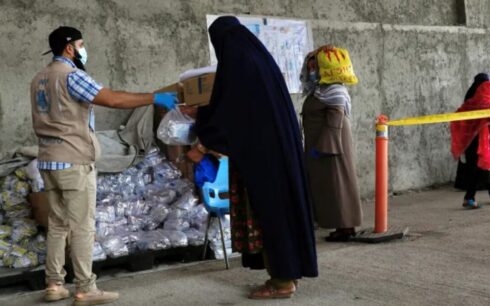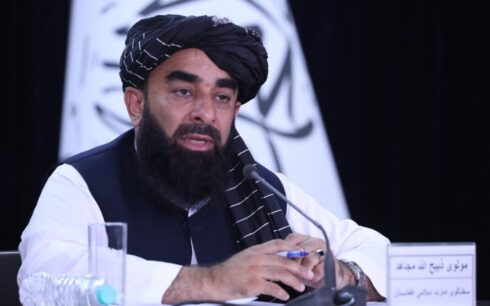Roza Otunbayeva, the head of the UN assistance mission in Afghanistan, in a meeting with Din Mohammad Haneef, the Taliban’s minister of economy, discussed transparency in the delivery of humanitarian aid, according to a Taliban statement.
The meeting focused on ensuring aid distribution aligns with the economic needs and developmental priorities of the people.
“The two sides discussed the effective and transparent implementation of humanitarian aid in accordance with the economic needs and developmental priorities of the Afghan people, with a focus on balanced development,” the Taliban ministry of economy said in a statement.
The UN Assistance Mission in Afghanistan (UNAMA) has not released details about the meeting.
This meeting comes amid growing concerns in the US Congress about the Taliban’s potential access to international aid.
Over the past three years, the United States has been Afghanistan’s largest donor, contributing over $3 billion for humanitarian relief. The Biden administration has emphasized that these funds are intended to address acute humanitarian crises. However, a new bill under consideration in Congress could impose stricter oversight on aid to Afghanistan. The President-elect has reiterated opposition to sending significant funds to a Taliban-led government, citing fears that such aid could be misused.
The United Nations has projected that at least 23 million people in Afghanistan will need humanitarian assistance by 2025, with millions already facing severe hunger. Despite this dire need, the U.N. has reported insufficient funding to tackle the world’s second-largest humanitarian crisis.
Afghan citizens continue to endure devastating poverty. In Herat, one resident described their daily struggles: “I have a 40-day-old baby, a two-and-a-half-year-old, and a four-year-old. I wrapped my baby in a blanket because we have no coal to heat our home. I’ve earned just 10 afghanis today pushing this cart.”
“We are hungry. I leave home every day to work and earn 70 rupees so my children can eat. Life is full of hardships,” another woman in Farah said.
The Taliban’s policies have also drawn criticism for exacerbating the humanitarian crisis. In Kandahar, the Taliban recently began scrutinizing aid organizations, and their Ministry of Economy reiterated a ban on women working in NGOs. U.N. reports indicate that these restrictions have severely limited women’s and girls’ access to aid and essential services.





